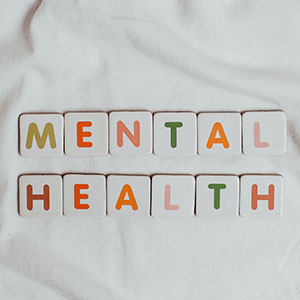Coping strategies and mental health: A web-based survey among the Italian population dealing with COVID-19

All claims expressed in this article are solely those of the authors and do not necessarily represent those of their affiliated organizations, or those of the publisher, the editors and the reviewers. Any product that may be evaluated in this article or claim that may be made by its manufacturer is not guaranteed or endorsed by the publisher.
Authors
Coronavirus disease (COVID-19) continues to be a highly stressful event with a major impact on psychological mental health worldwide. The use of different coping strategies may change the perception of psychological well-being during the pandemic. The present study aims to explore psychological mental health in relation to sociodemographic variables and to analyse the coping strategies of the Italian population in dealing with COVID-19. Implications for clinical interventions are reported. A total of 537 individuals (>18) participated in the survey completing measures of sociodemographic data, general psychological well-being, and coping strategies. Results found that females, students, and unmarried people reported the lowest levels of well-being. Specifically, the coping strategy called positive attitude was positively correlated with psychological well-being, whereas avoidance and social support strategies negatively influenced well-being. Understanding beneficial coping strategies is central to optimally manage the long-lasting of the current COVID-19 situation and may be useful for mental health professionals in treating patients suffering psychologically from the pandemic.
How to Cite

This work is licensed under a Creative Commons Attribution-NonCommercial 4.0 International License.






